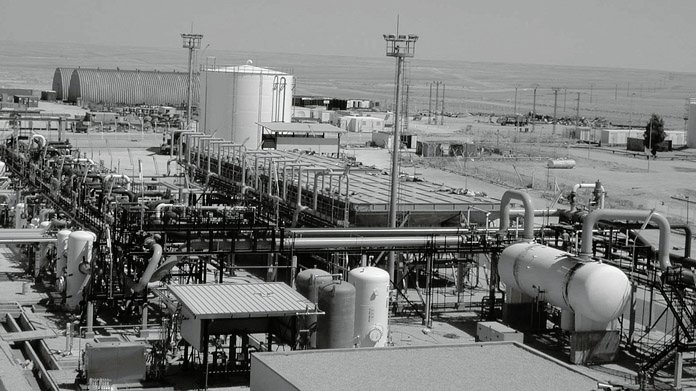With large reserves of both resources, Egypt has been a prominent player in the oil and gas sector for a long time. However, the nation’s oil and gas exports have drastically decreased in recent years.
But what are the causes of this fall and how might it affect the Egyptian economy?
The production of both resources is dropping, which is a significant element in Egypt’s declining oil and gas exports. Over the previous ten years, the nation’s oil production has rapidly declined, from a high of 930,000 barrels per day (bpd) in 1996 to just 580,000 bpd in 2020. Egypt’s production of natural gas has similarly decreased, from a peak of 7.2 billion cubic feet per day (bcfd) in 2009 to approximately 6.5 bcfd in 2020.
According to latest data from the Central Agency for Public Mobilization and Statistics (CAPMAS), Egypt’s gasoline exports experienced a fall in value over the months of January and February 2023, with a total value of about $1.97 billion.
In the months of January and February 2022, exports were recorded at $2.74 billion, a decline of 28.1 percent or $769 million.
According to the statistics office, crude oil exports fell by 58.8% to roughly $243 million in January and February 2023 from $590 million in the corresponding months of 2022.
During the same period in 2023, the value of natural and liquefied gas exports decreased by 12.2 percent to $1.33 billion from $1.52 billion in January and February 2022.
On the other side, over the same month in 2022, coal exports climbed from $1.3 million to $4.2 million. This happened in January and February of 2023.
According to figures from CAPMAS issued last week, the trade balance deficit reduced by 48.2 percent in February 2023, hitting $2.1 billion as opposed to $4.06 billion in February 2022.
Numerous elements, including as a lack of funding for new exploration and development projects, deteriorating infrastructure, and unstable political conditions, might be blamed for this reduction in production. Due to the country’s unstable political atmosphere and regulatory framework, Egypt has struggled in recent years to draw in international investment for its oil and gas sector.
The increase in local demand is a significant additional element affecting Egypt’s decline in oil and gas exports. Egypt’s need for energy has significantly increased in recent years due to the country’s expanding population and developing industry. In order to meet domestic demand, the nation has been compelled to shift more of its oil and gas output, leaving less accessible for export.
The economy of Egypt is significantly impacted by the country’s diminishing oil and gas exports. Exports of oil and gas have historically been a significant source of income for the nation, making up about 10% of all exports in previous years. Egypt’s trade balance and capacity to produce foreign currency are likely to suffer as a result of the drop in exports.
Egypt has been attempting to diversify its economy and entice investment in other areas in order to lessen the effects of diminishing oil and gas exports. The nation is aiming to grow its manufacturing, tourist, and agricultural sectors while investing heavily in renewable energy sources including wind and solar energy.
While the decline in Egypt’s oil and gas exports is concerning, it is not insurmountable. The nation can continue to expand and diversify its economy, lessening its reliance on oil and gas exports, with the correct policies and investments. To overcome the difficulties the nation’s oil and gas sector is currently encountering and to create a more robust and diversified economy, continuous effort and investment will be needed.




